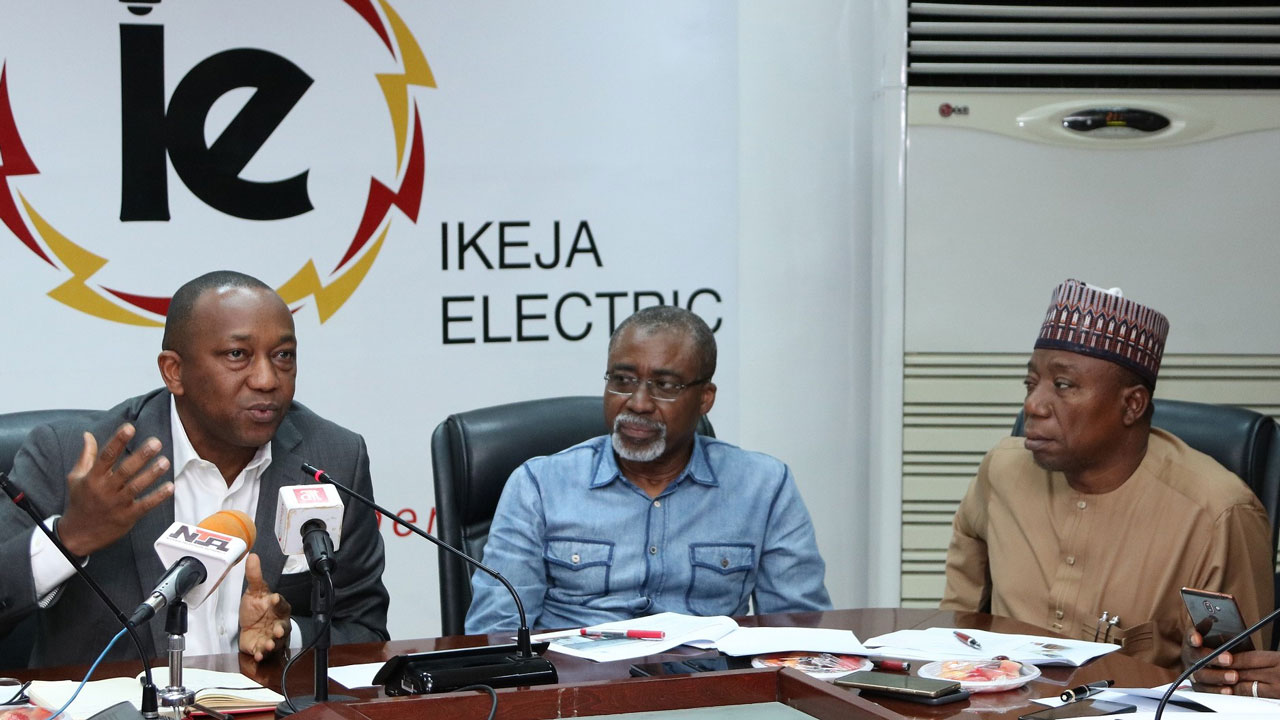PwC Africa Oil & Gas Advisory leader, Chris Bredenhann has called on African oil and gas industry to quickly switch to the latest industry technology in use in developed world to avoid being left behind as the sector is becoming technology driven.
Currently, the oil & gas industry in Africa continues to face market challenges arising from the low oil price, competition for revenue growth and local talent together with new expectations from investors and regulators.
Bredenhann said “Africa’s oil & gas industry is experiencing significant change and upheaval. There are fundamental shifts in companies’ strategies, business models and ways of working”.
The sustained lower price of oil has been accepted as the new normal in the oil & gas industry with companies putting plans in place to enable a more agile response to commodity price fluctuations in the future. For some, this means a diversification of portfolio, with many considering moves to energy mix that includes some form of renewables. Despite the challenges, there are a number of opportunities on the African continent.
Continuing, the oil expert added that “The time is opportune for oil & gas companies to take up and utilise advances in technology as an enabler in meeting some of the challenges faced. Instead of playing catch up the rest of the world, we believe that the industry should be ‘learning to leapfrog’ so that they are not only ahead of disruption – they actually cause it”.
PwC’s Africa oil and gas review, 2017 analyses what has happened in the last 12 months in the oil & gas industry within the major and emerging markets.
As at the end of 2016, Africa is reported to have had proven natural gas reserves of 503.3 trillion cubic feet (TcF), up 1% in total gas reserves on the continent. About 90% of African gas production continues to come from Algeria, Nigeria, Egypt and Libya though the overall quantity produced in 2016 reduced by 1.1% down to 208.3bcm.
Explaining more on the need to leverage on local content, Bredenhann said “More than 25% of oil & gas companies said that projects had been postponed or delayed by local content policies, and about 15% have relocated or cancelled projects in response to local regulations. About 10% indicated an acceleration of their projects. One-third of respondents think that there are more local companies today that can serve the sector. Just under one-third acknowledge that local skills at the right level are available in their country and 11% said that new players have emerged in upstream as a result of the regulations”.
“The oil & gas industry in Africa is riddled with complex challenges and adversity, but with challenge comes opportunity. The opportunity is there for players who are willing to ‘reimagine the possible’ in a future that looks very different to our present.
“It is clear that African oil players must ‘learn to leapfrog’ to remain competitive in the new energy future,” concludes Bredenhann.









